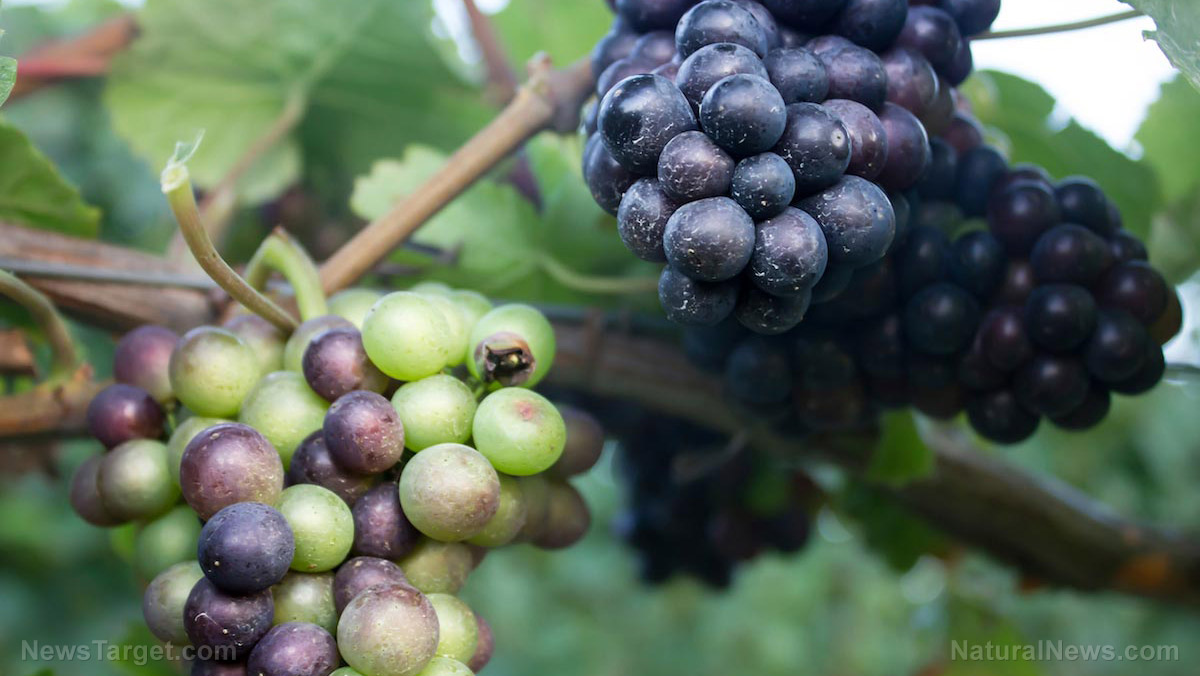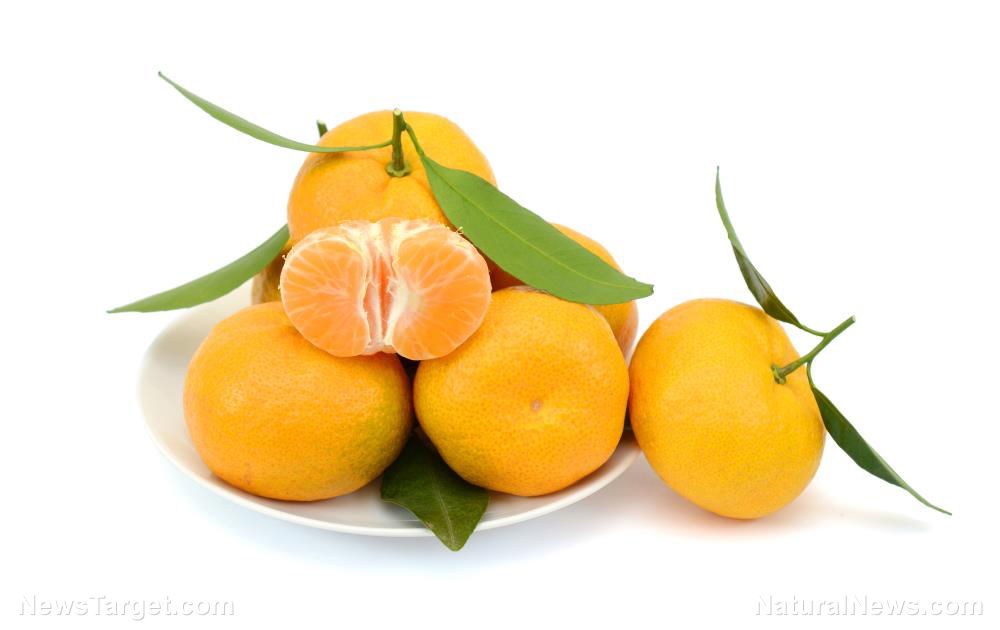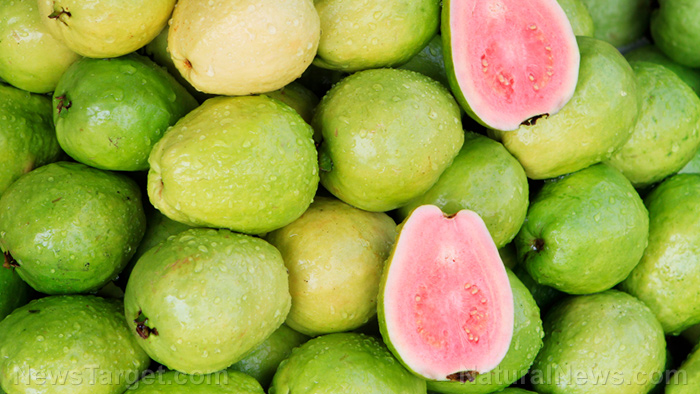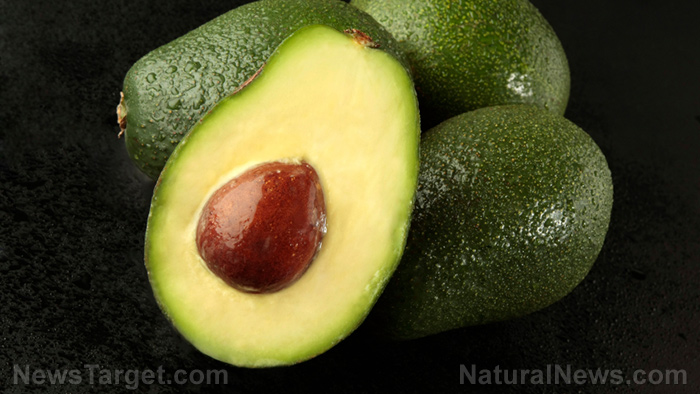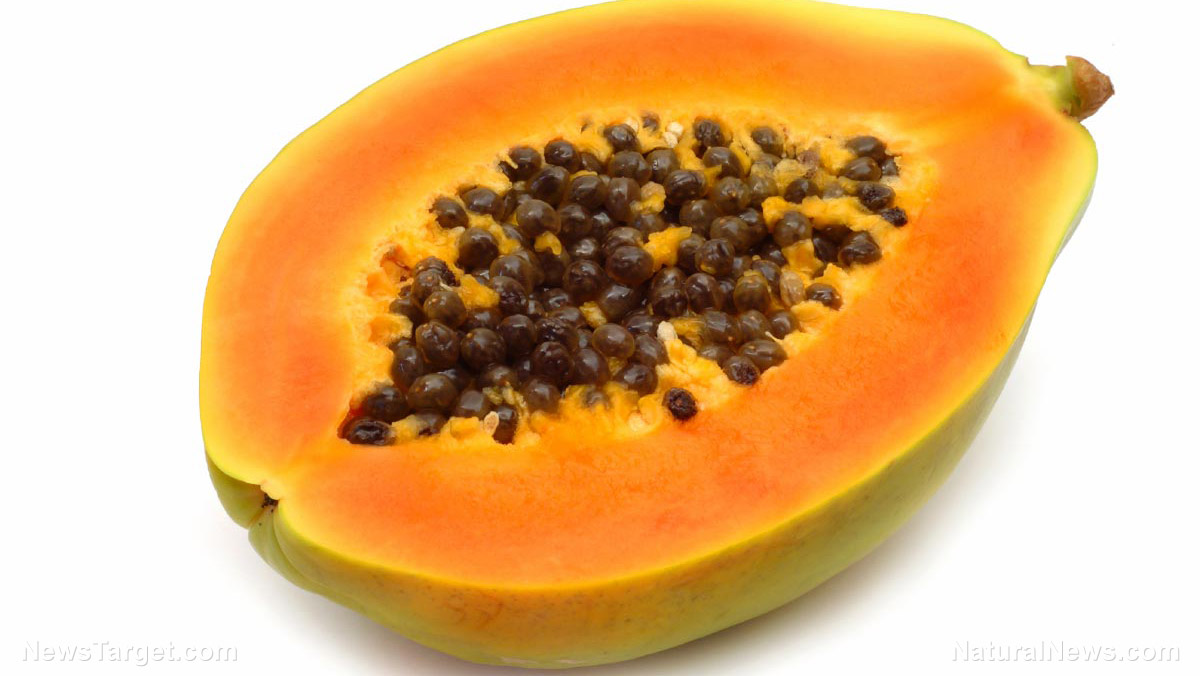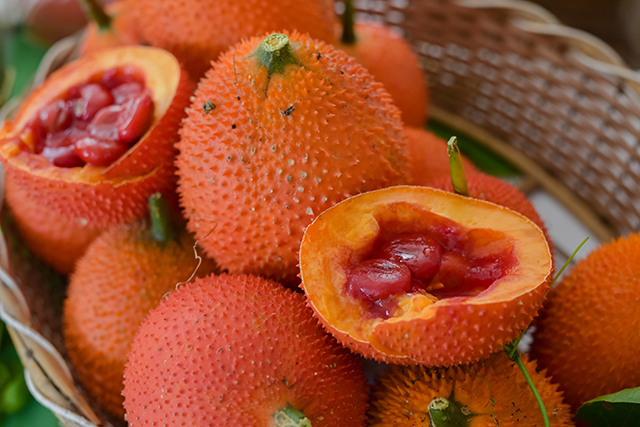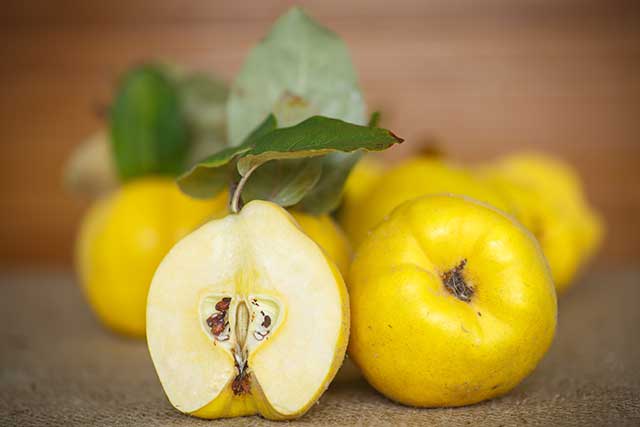Blackcurrants – sources, health benefits, nutrients, uses and constituents at NaturalPedia.com
08/18/2017 / By Earl Garcia

Blackcurrants are nutrient-rich, tart berries that are native to central and northern Europe and Siberia. The fruits are summer season berries characterized by their aromatic smell and dark purple color. According to the Health Benefits Times website, the fruit has become the staple source of vitamin C in the U.K. during the World War II.
List of known nutrients
Blackcurrants are packed with essential vitamins and minerals that help protect the body against a host of diseases. An entry posted on the Nutrition and You website notes that blackcurrants contain:
- Calcium
- Copper
- Folates
- Iron
- Magnesium
- Manganese
- Niacin
- Pantothenic Acid
- Phosphorus
- Potassium
- Protein
- Pyridoxine
- Riboflavin
- Sodium
- Thiamin
- Vitamin A
- Vitamin C
- Zinc
Medicinal uses for blackcurrants
Blackcurrants are best known for their high vitamin C and antioxidant content. In fact, an article on the Health Line website shows that blackcurrants contain four times as much vitamin C as oranges. Likewise, blackcurrants possess twice the amount of antioxidants found in blueberries. The ample vitamin C supply in blackcurrants help facilitate protein metabolism and collagen formation, which in turn improves skin health and staves off aging.
The fruit’s abundant vitamin C levels also help stave off a number of infections, while its rich antioxidant content counter the negative effects of free radicals. Likewise, the superfood is remarkably effective in fortifying the body’s overall immunity. Blackcurrants contain strong antimicrobial, antiviral, and antiseptic properties that fend off various health woes. Additionally, the fruit possesses anti-toxic and anticancer properties.
Blackcurrants are also important superfoods that help maintain a healthy digestive profile. The fruits are notably rich in dietary fiber that facilitate digestion and bowel movement. Likewise, the fruit has low glycemic index that prevents the onset of sugar cravings, sugar crashes, and mood swings. The superfood is particularly beneficial in patients with type-2 diabetes.
In addition, the high iron and copper content in blackcurrants help promote red blood cell production. This, in turn, mitigates the risk of anemia, muscle weakness and fatigue. Aside from this, the ample magnesium supply in blackcurrants help improve the quality, duration, and tranquility of sleep. Likewise, the mineral is touted to regulate the metabolism and address insomnia and other sleep disorders.
Moreover, blackcurrants are found to contain high levels of anthocyanin and gamma-linolenic acid (GLA). The nutrients are known to alleviate joint or muscle damage, soreness, stiffness and pain. Likewise, the rich GLA and potassium supply in blackcurrants are found to lower blood pressure levels, mitigate cardiac damage and prevent platelet clumping in the blood vessels.
Furthermore, the berries are particularly beneficial to eye health. The fruits are known to bolster blood flow to the eyes and improve the organ’ ability to adapt to dark environment. The superfoods are also found to defer the progression of visual field deterioration in glaucoma patients. In addition, blackcurrants are touted to alleviate symptoms of visual fatigue.
Body systems supported by blackcurrants
Blackcurrants help improve the body’s overall immunity. Likewise, the fruit is found to bolster the body’s metabolism and digestive process. In addition, the berries are helpful in maintaining heart, joint, and eye health. It also helps ease sleep problems and address skin conditions.
Ways to use blackcurrants
Blackcurrants are best consumed fresh, but are also incredibly appetizing as jams, preserves, and chutneys. The fruits are also an excellent addition to a variety of baked desserts such as cakes, muffins, and pies. Likewise, the fruits can be used in salads and soups. In addition, blackcurrants are a popular staple to various beverages such as smoothies and liqueurs. The All Recipes website has curated many interesting blackcurrant recipes across the web.
Where to learn more
- Blackcurrant Juice and Orange Juice Give Heart Health a Boost
- Mother Nature at the Gym: Blackcurrant Sports Drinks Pack a Punch
- Super blackcurrants with boosted vitamin C (press release)
- How to improve eye health
- Scientists Find Natural Help for Treating Colds
Summary
Blackcurrants help prevent diabetes, hypertension, and diabetes.
Blackcurrants alleviate muscle fatigue, bone and joint pain, and skin diseases.
Blackcurrants fend off infections, eye diseases, and sleep disorders.
Blackcurrants support the immune, digestive, and skeletal system.
Blackcurrants are beneficial to the nervous system, the skin, and the eyes.
Sources include:
Tagged Under: Blackcurrants



